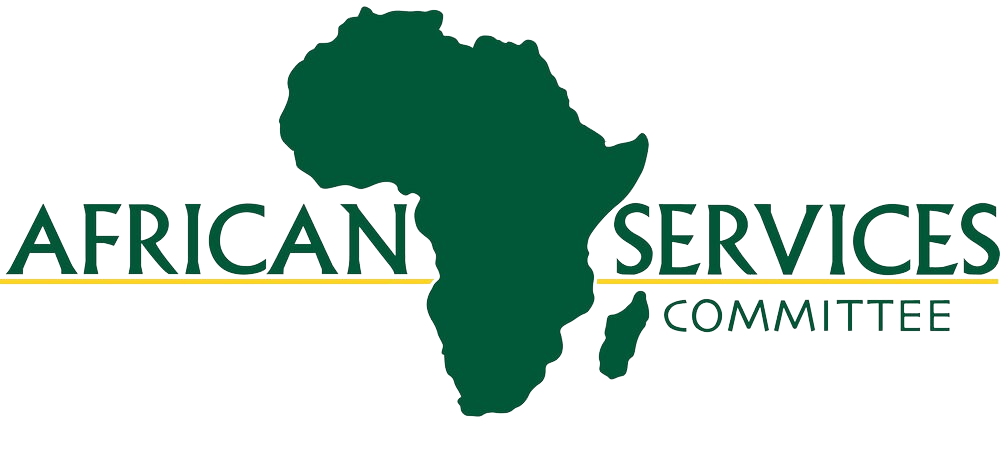Celebrating International African Women's Day
A Reflection on Progress and Challenges
Every 31st of July, the world comes together to celebrate International African Women's Day (IAWD), a significant event that has been commemorated for five decades. While it might not be as widely known as International Women's Rights Day on 8th March, IAWD holds great importance in the fight for women's rights on the African continent, providing a unique opportunity for African women's movements to assess the progress made.
The establishment of International African Women's Day can be attributed to the visionary Malian activist and politician, Aoua Keita, who took the initiative in 1974. The date chosen for this celebration, 31st July, bears historical significance as it marks the anniversary of a momentous gathering in 1962. On this day, women from across Africa convened in Dar es Salaam, Tanzania, to form the Pan-African Women's Organisation – the very first women's organization on the continent. Their primary aim was to uplift the status of women in Africa and promote their emancipation.
In 1974, during the inaugural summit of the organization in Senegal, 31st July was officially designated as International African Women's Day (IAWD). Since then, significant strides have been made through the adoption of various legal frameworks to safeguard the rights of African women. Notable examples include the Maputo Protocol, approved by the African Union in 2003, and the Solemn Declaration for Gender Equality in Africa, adopted in 2004. These efforts culminated in the Protocol to the African Charter on Human and Peoples' Rights, endorsed in 2016.
Despite these achievements, the journey towards gender equality and the promotion of women's rights in Africa remains a complex one. Numerous challenges persist, rooted in socio-cultural norms and national legislation. African women continue to face discrimination on various fronts, hindering their progress in many spheres of life. Their representation in African governments and parliaments remains inadequate, stifling their voices and influence in decision-making processes.
As we mark this year's International African Women's Day, it presents an opportune moment to reflect on both the achievements and the shortcomings in the pursuit of women's rights in Africa. It is crucial to identify and address the barriers that still impede progress. By collectively examining these challenges and learning from the past, we can work towards ensuring the effective realization of the rights of African women.
IAWD serves as a reminder of the strength and resilience of African women and their vital contributions to society. It is an occasion to celebrate the progress made thus far, while also renewing our commitment to empowering women and promoting their rights across the African continent. Together, we can create a more inclusive, equitable, and empowered future for all. Happy International African Women's Day!


